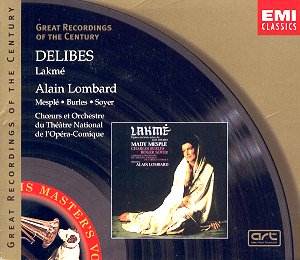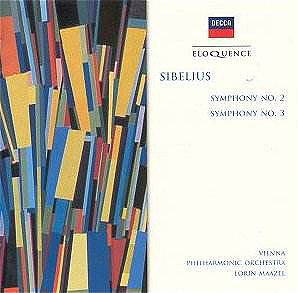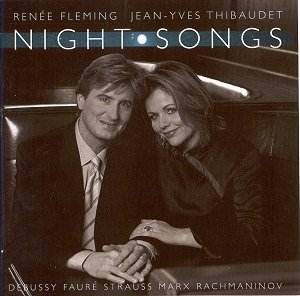 Composer: Berj Zamkochian
Composer: Berj Zamkochian
Works: Reubke: Sonata on the 94th Psalm; Mendelssohn: Sonata No. 1 in F minor; Reger: Weihnachten
Performers: Berj Zamkochian (organ)
Recording: ZC 040794 [DW]
Label: Consortium
The organ works of Reubke, Mendelssohn, and Reger present a rich tapestry of Romantic expression, each piece revealing the composer’s unique voice within the ecclesiastical realm. Berj Zamkochian’s recital, initially recorded in 1980 and now beautifully remastered, showcases an artist who captures the essence of these compositions with both fervor and finesse. This recording, which earned the prestigious 1987 Grande Prix du Disc, is a testament to Zamkochian’s long-standing reputation as a formidable interpreter of organ music.
The centerpiece of the recording, Reubke’s Sonata on the 94th Psalm, is a monumental work that demands not only technical prowess but also profound emotional engagement. Zamkochian navigates the complexity of this sonata with remarkable assurance, maintaining an unyielding tempo even during the most challenging passages. The opening Grave is executed with a palpable sense of gravitas, portraying the psalmist’s cries for justice with eloquent restraint. As the work progresses into the Larghetto and Allegro, Zamkochian’s interpretation becomes increasingly dynamic; his phrasing is both expansive and tightly controlled, allowing the contrasting emotional landscapes of lamentation and confidence to emerge vividly. The Klais Organ’s varied timbres serve to amplify this expressive journey, each registration choice meticulously enhancing the narrative arc of Reubke’s music.
Mendelssohn’s Sonata No. 1 in F minor, often overshadowed by his more celebrated orchestral works, is given a robust performance that elevates its intrinsic beauty. Zamkochian’s approach to the first movement, which quotes the chorale “What God wills, shall always be done,” is particularly noteworthy. He renders the chorale with a stately dignity that resonates with Mendelssohn’s own reverence for the sacred. The slow movement, a poignant Adagio, emerges as a highlight of the recording, where Zamkochian’s subtleties in registration and dynamic shading create an intimate atmosphere. The finale bursts forth with buoyant energy, showcasing Zamkochian’s command over the instrument and the joyous spirit inherent in Mendelssohn’s writing.
Reger’s Weihnachts, a less frequently performed piece, concludes the recital on a celebratory note, underscoring Zamkochian’s versatility as an interpreter. Here, his expressive phrasing and rich tonal palette reveal the warmth and depth of Reger’s festive character. Each note is articulated with clarity, and the lush harmonies are beautifully conveyed through the Austin organ, which adds a different dimension to the soundscape. The engineering quality of this recording deserves special mention; the sonic clarity allows for an immersive listening experience, with the organ’s rich textures and intricate details rendered in vivid relief.
Zamkochian’s performance stands out not only for its technical execution but also for its interpretative depth. While there are numerous recordings of these works, few match the combination of skill and emotional insight displayed here. This disc not only affirms Zamkochian’s place among the leading organists of his generation but also serves as a vital reminder of the continued relevance and beauty of these Romantic masterpieces. The slight quibbles regarding the title “Romantic Organ Works” and the print legibility of the fold-over notes do little to detract from the overall impact of this splendid disc.
A superlative achievement, this recording is a must-listen for both aficionados of organ music and newcomers alike, illuminating the brilliance of Reubke, Mendelssohn, and Reger through the extraordinary artistry of Berj Zamkochian.



